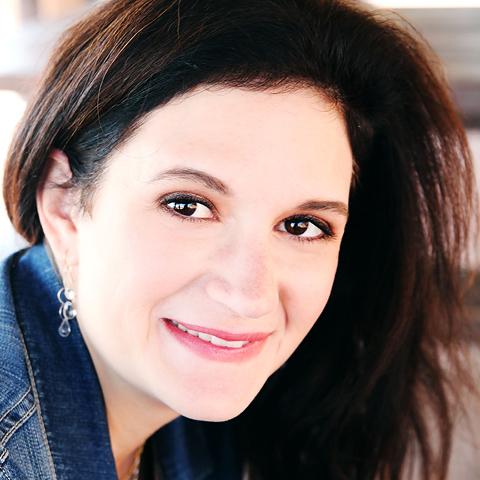Takeaway
Learning to break bad news gently takes time and practice, with the goal of telling the most terrible things to our patients a little bit less terrible.

Connecting with patients | May 21, 2019 | 3 min read
By Amy Caruso Brown, MD, SUNY Upstate Medical University
Every year, I give a talk about the end of life in pediatrics and pediatric oncology, my specialty, to an undergraduate grief and bereavement class. The class is taught by one of my father’s former students. My father died five years ago, from late effects of cancer treatment that he underwent as a young adult. His former student, now a professor himself, lost his daughter to cancer when she was a young adult. There is a certain symmetry, and teaching the class, in the same classrooms where my parents taught, is always a special experience for me.
Breaking bad news
When I speak to these students, their professor always asks me to talk about how to break bad news. What to do. What not to do.
Always sit down. Remember tissues. Give warning, but don’t keep the family waiting for what they know is coming.
As I speak, I think about my father. In 1969, he and his parents were told he had six months to live. Forty-five years later, he still hadn’t forgotten how the news was delivered, the lack of warmth coupled with the false certainty. My grandmother told me how she asked to watch his first radiation treatment through a window and was told, dismissively, “You don’t want to see that.” She did want to see it, something she, too, will never forgot. Those words left marks that lasted for decades.
Telling people terrible things
At this point in my life and career, I am good at “breaking bad news” and what we euphemistically call “difficult conversations.” We might just as well call this skill “telling people terrible things.” But one of medicine’s secrets is that we don’t get that way merely by being compassionate and reflective people. That helps. But it’s not my family story that makes me good at what I do. I got good at telling people terrible things by telling people terrible things. Frequently. And sometimes badly. It is, like many things in life, a learned skill.
My worst failures
I remember all of my worst failures. The time I misjudged whether to hold a diagnostic conversation in front of a young child: at the sound of the word “leukemia,” the patient’s mother bolted from the room to vomit, leaving her sobbing 6-year-old alone with me.
The time I assumed the family knew more than they did: I thought we were meeting to discuss early-phase clinical trials for their son’s incurable disease; they didn’t even know for sure that their son even had cancer.
Learning from mistakes
But I also learned from those mistakes, and I remember the non-failures. The times where I did what I could to make the most terrible moments of a family’s life a tiny bit less terrible. I remember a three-year-old girl dying of leukemia. When I got to the hospital, the resident had already pronounced her dead. I came to the room to give my condolences to her family and answer any questions they had. The little girl’s grandfather thanked us for taking care of her. He said, “Look at her,” gesturing to the peaceful expression on her face, the faint curve of her lips that might have been a smile. “You gave her that. You gave us that.”
My eyes probably looked very shiny. I think I thanked him. I am sure I was professional. But to myself, I thought, I didn’t do anything special. Just my job. Just what I had learned to do.
Of course, that’s the point. I had to learn. We all do.

